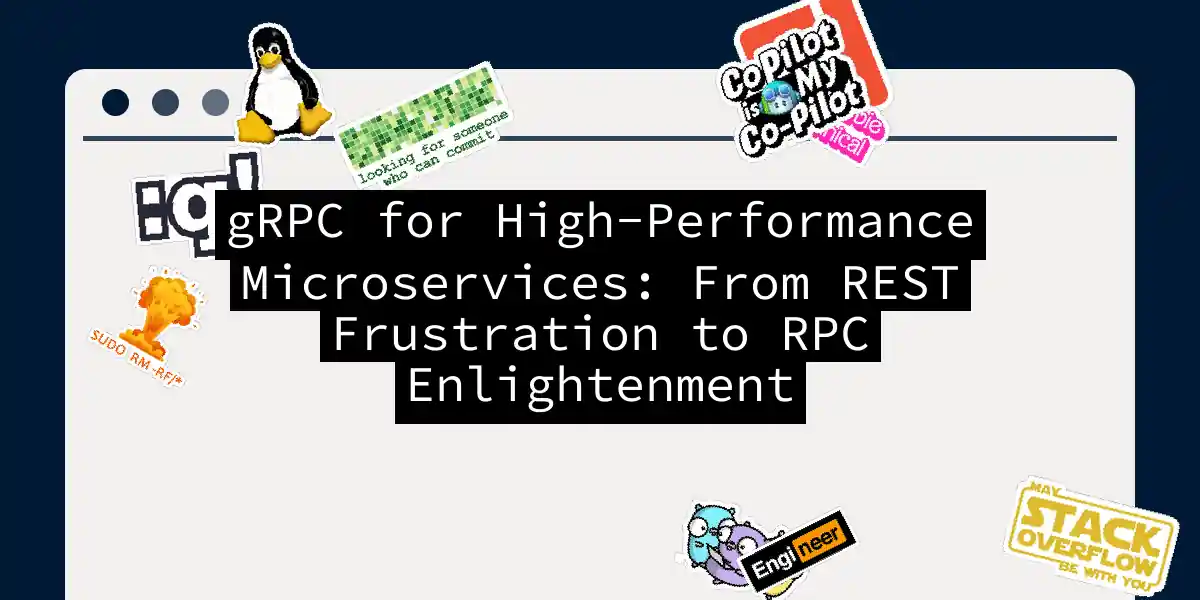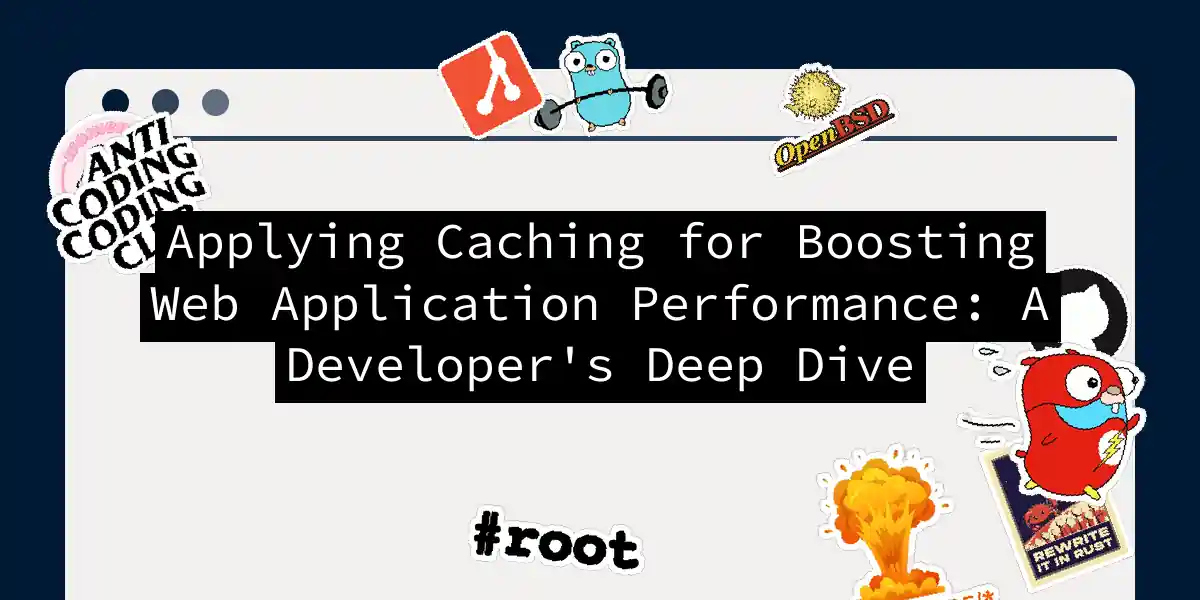
gRPC for High-Performance Microservices: From REST Frustration to RPC Enlightenment
Remember when REST APIs felt like the coolest kids on the block? Yeah, well, the times they are a-changin’. If you’ve been drowning in REST API plumbing code while watching your microservices shuffle data around like they’re wading through molasses, it might be time to discover why gRPC has become the go-to solution for organizations that actually care about performance. Let me be straight with you: gRPC isn’t just another technology hype train....



